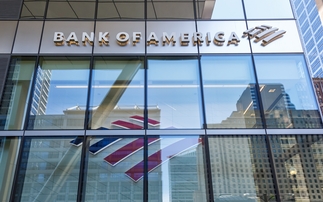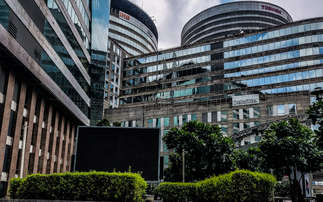American Invents Act not up to the job, say legal commentators
The US is to make another concerted effort to reform its patent system later this year when the America Invents Act (AIA) arrives on the desk of President Obama. The AIA is the culmination of te...
To continue reading this article...
Join Computing
- Unlimited access to real-time news, analysis and opinion from the technology industry
- Receive important and breaking news in our daily newsletter
- Be the first to hear about our events and awards programmes
- Join live member only interviews with IT leaders at the ‘IT Lounge’; your chance to ask your burning tech questions and have them answered
- Access to the Computing Delta hub providing market intelligence and research
- Receive our members-only newsletter with exclusive opinion pieces from senior IT Leaders


















